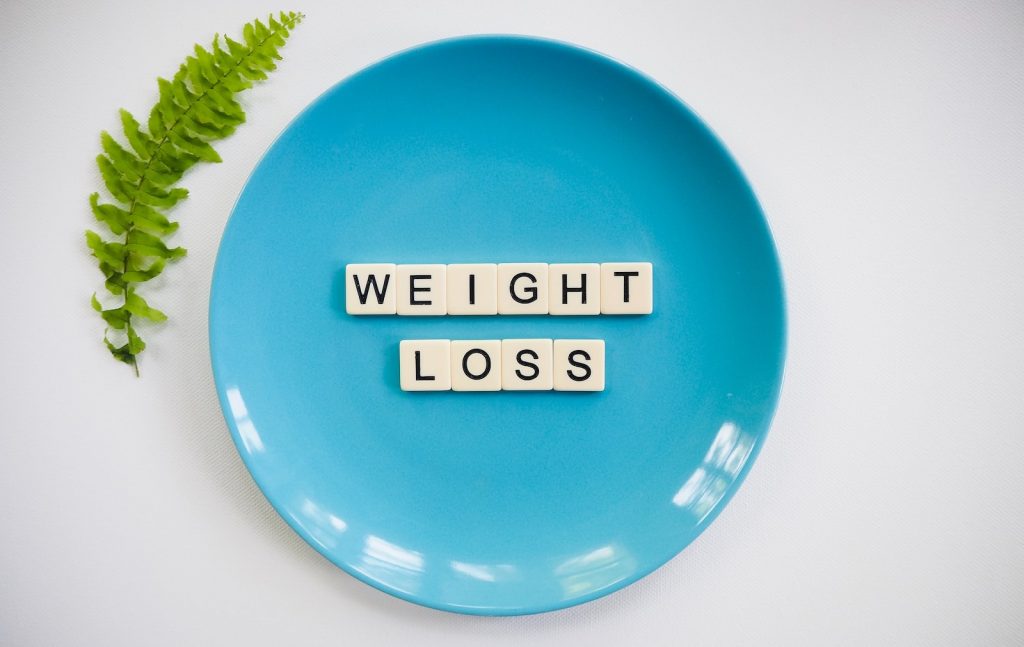There are many reasons why diets take time to become efficient.
One is the body takes a while to adjust from the changes made.
Another is that food tends to have metabolic memory which means you get cravings for unhealthy foods because you ate them before and your metabolism adapted to those foods including their calories.
Stories and experiences of diest and weight loss
Losing weight is a process that takes time, dedication, and perseverance. While some people may see results quickly, for most of us, it takes months or even years to finally reach our goals.
Though it can be frustrating at times, remember that every journey starts with a single step. Here are some inspiring stories and experiences of people who have successfully lost weight and kept it off.
For Dr. Sarah, the key to success was setting small, achievable goals. “I didn’t try to lose 30 pounds in 30 days,” she says. “I set a goal to lose 10 pounds in two weeks, and once I hit that, I set another goal for the next two weeks. I kept going like that until I reached my goal weight.”
Another tip for success? Find an activity you enjoy and stick with it. For John, that meant taking up running. “I used to hate running, but I found a Couch to 5K program and stuck with it,” he says. “Now I look forward to my runs, and I’ve even run a few half-marathons.”
If you’re struggling to lose weight, know that you’re not alone. These stories show that it is possible to lose weight on your own terms, even if you’re in a busy life.
Get started now and lose the weight before the summer so you can also love how you look when it’s time to wear a swimsuit.
Articles on how people lost weight and why it took time
If you’re like most people, you probably want to lose weight for one reason or another. Maybe you want to look better for your wedding or an upcoming high school reunion. Maybe you’ve been told by your doctor that you need to lose weight to improve your health. Or maybe you just want to feel better about yourself.
Whatever your reason, losing weight can be a challenge. If you’ve ever tried to diet and failed, you know that it’s not as easy as just cutting back on calories and exercising more. In fact, many experts say that it can take months or even years to see real results from a diet.

So why is it so hard to lose weight? And why does it take so long for a diet to work?
There are a few reasons why diets take time to become efficient. First of all, when you cut back on calories, your body goes into “starvation mode.”
This means that your metabolism slows down in order to conserve energy. As a result, you may lose some weight at first, but then plateau because your body is burning fewer calories.
In addition, it takes time for your body to adjust to new eating habits. If you’re used to eating high amounts of carbohydrates, your body needs time to adjust to lower amounts of glucose. When there is a drop in glucose, it may take some time for your body to produce extra glucose.
Without glutamine your brain will even get starved and this will make you feel hungry all the time because your want that glucose.
Another reason why dieting takes so long is because you can’t expect major results right away. If you weigh 180 pounds and you lose 10 pounds during the first week of a diet, then you’ll probably think that the diet isn’t working.
But if this same person loses only five pounds in the next two months, they would say that the diet is a huge success and made them happy — although both those results are not spectacular at first.
Common Factors of why diets take time to become efficient
There are many factors that can contribute to why a diet may take time to become efficient. Factors such as the individual’s age, weight, activity level, and metabolism all play a role in how fast or slow weight loss may occur.
The type of diet being followed can also impact how long it takes to see results. For example, a very low-calorie diet may lead to quicker weight loss in the beginning, but may not be sustainable long-term. Conversely, a more moderate approach to dieting may take longer to lead to significant weight loss, but be more likely to be successful in the long run.
Ultimately, there is no one-size-fits-all answer to how long it takes for a diet to become efficient. It depends on many individual factors and should be tailored to each person’s unique situation.
However, patience is often key when starting a new diet plan – results may not happen overnight, but with commitment and perseverance, they will eventually come!
Lessons Learned about diets
For weight loss, there are no quick fixes. Diets take time to become efficient because the body needs to adjust to new eating habits and learn how to use stored fat for energy.
This process can take weeks or even months, but the end result is worth the wait! Here are some lessons we’ve learned about why diets take time to become efficient:
- Patience is key. Rushing into a weight loss plan will only lead to frustration and eventually give up. Give yourself and your body time to make the necessary changes.
- Listen to your body. It will let you know when it’s ready for more(or less) food. Ignoring hunger cues is a recipe for disaster and can lead to overeating or binging later on.
- Make permanent changes. If you go back to your old eating habits, the weight will come back too. Focus on making lifelong changes that you can stick with, rather than temporary ones that you’ll eventually tire of.
- Have realistic expectations. Losing weight takes time, effort, and patience. Don’t expect miracles overnight – focus on slow and steady progress instead.







